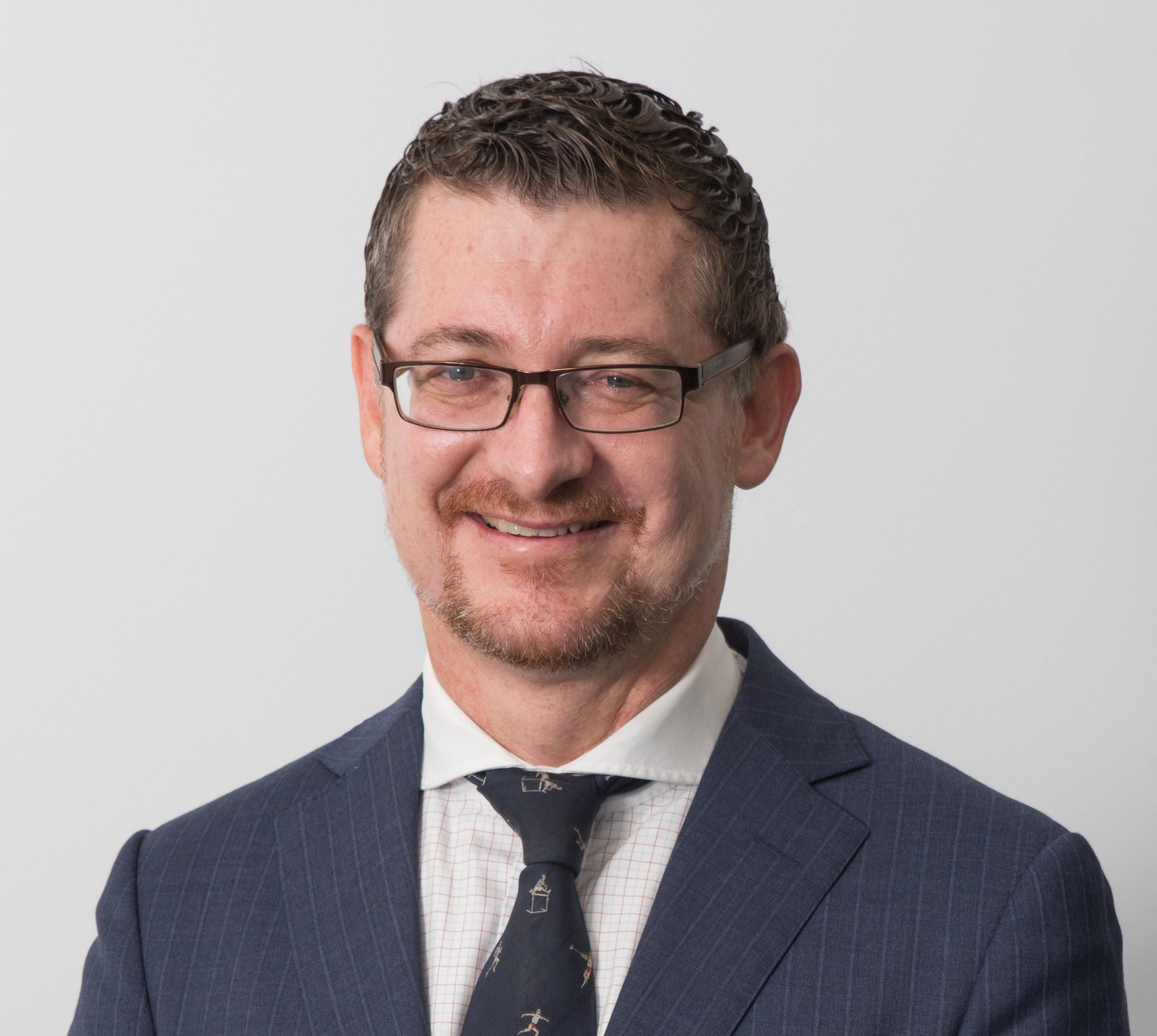
A/Prof Anthony Byrne
Australia urgently needs a model of care for public-funded long COVID clinics in each state and territory, a respiratory physician has told a government inquiry.
A National Long COVID registry is also essential to provide accurate estimates of the numbers and symptoms of patients with chronic post-COVID complications, says Associate Professor Anthony Byrne, who runs one of Australia’s largest Long COVID clinics at St Vincent’s Hospital, Sydney.
Dr Byrne told the parliamentary Inquiry into Long COVID and Repeated COVID Infections that there were large numbers of patients needing rehabilitation services after COVID-19, and they could not be managed by the current small number of ad-hoc clinics set up to accept referrals for long COVID patients.
In a submission to the inquiry, Dr Byrne and rehab physician Dr Steven Faux said the Federal government should “encourage and provide resources to the state governments to develop specialist long COVID clinics that operate in a small number of centres in each state.”
These clinics would operate with a respiratory or acute physician and a rehabilitation physician as lead clinicians with support from allied health and nursing, they suggested.
Long COVID clinics would be available for referrals of complex and severe cases unable to be well managed in the community without specialist support, and have access to specialist from a variety of acute and subacute specialties for consultation and advice.
The clinics would also provide phone and online support for GPs managing case of long COVID in the community, they added.
Dr Byrne said state-based long COVID clinics could also be the centres for evidence-based information for health professionals, and provide patients with opportunities to become involved in research studies on long COVID.
The submission from St Vincents Clinic described how it was staffed by a multidisciplinary team of nurses, respiratory physicians and specialists in rehabilitation, psychology, physiotherapy.
“Many patients will suffer from ongoing chest tightness, breathlessness and will require a variety of tests to exclude complicating illnesses such as POTS, recrudescence of their asthma and behavioural responses to their breathlessness,” it noted.
“It is often the case that patient’s mental health is affected by the prolongation of these treatments and they require psychological support as well as respiratory function tests, medications and a change in their puffers,” Dr Byrne added.
Rehabilitation services provided at the NSW long COVID clinic resulted in patients making slow recovery, with improvement observed in more than half of the patients over six months, although not usually to a “pre-COVID” level.
Long COVID registry
Dr Byrne proposed that St Vincent’s Hospital, Sydney, could the custodian of a national long COVID registry database that would collate the tertiary referral data of Long COVID clinics nationally.
“This would help greatly with data capture, number of patients reviewed, economics, effectiveness, recruitment for national and international clinical trials and of course research from interested parties following appropriate ethics approvals,” he said in a latter to the inquiry committee.
Dr Byrne said that while there had been generous funding for management of patients with acute COVID-19 illness, there was almost nothing for the chronic illnesses that affected thousands, if not hundreds of thousands of Australians.
“One hospital clinic is not going to see all those patients, so we do need to have a model of care. A national registry for long COVID is critical because if we don’t have any idea of the size of the problem, how can we possibly manage that problem?” he told told Nine News.
Another key barrier for long COVID clinics was the refusal of private health insurers to recognise long COVID patients as eligible to access their outpatient rehabilitation entitlements within their insurance policies.
Insurers only provide rehabilitation entitlements for patients hospitalised within the last two weeks, but it took at least three months to diagnose long COVID, he said.
“This situation continues despite the fact that private rehabilitation hospitals provide outpatient/ day patient rehab programs which are plentiful and accessible in all states of Australia,” said Dr Byrne.
“Health insurers and the department veteran affairs should be encouraged to accept long COVID as a condition that allows access to reconditioning/restorative rehabilitation. At the very least this issue needs clarification by health insurers and communication to their clients and service providers,” he said.